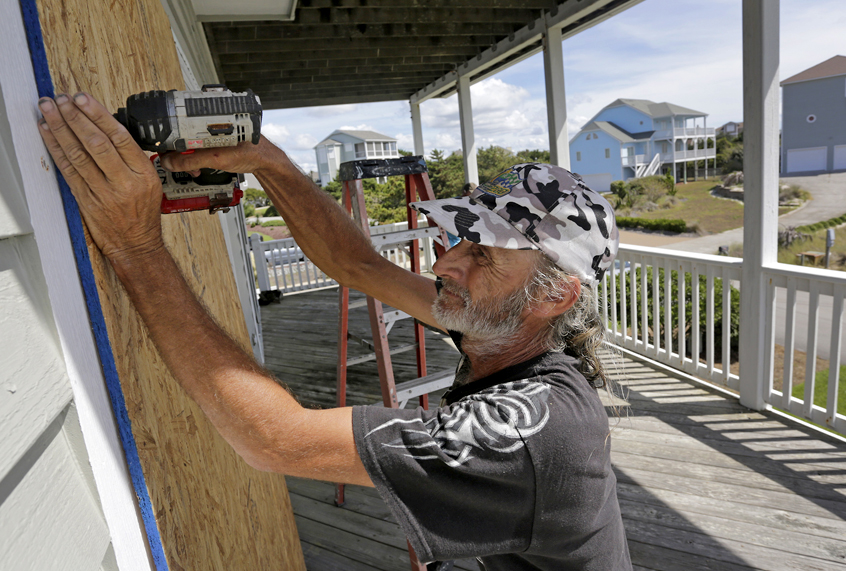As communities around the country continue recovering from the devastation caused by floods, fires and hurricanes, one can’t help but to wonder — is my city prepared for disaster?
If you are an elected or appointed official it’s always the right time to think about disaster preparedness. Last year, more than 25 million Americans (nearly 8% of the population) on were impacted by natural disasters. In addition to the tragic loss of life, these events severely damage homes, businesses and infrastructure — upending the way of life for those affected.
There is so much work to do in the months following these events. The responsibility of government leaders include protecting their citizens, sheltering those who have been displaced, assessing the damage and coordinating with numerous federal agencies and programs to jumpstart and manage recovery — no small task to be sure.
This scenario plays out in different communities across the country each year. Often times, local governments are ill-equipped to handle the added responsibilities thrust on employees who are already working at capacity. As billions of taxpayer dollars pour into local recovery efforts — the stakes become higher and the learning curve is steep. The reality is that small, local and municipal governments often need a hand.
When to seek outside expertise
When disasters happen, it’s not just reputations on the line — it’s about the recovery and wellbeing of American families, which means every minute counts. Leaders have to pick up the phone and call in outside expertise.
Government advisory services are not a new concept. There are plenty of “guns for hire” in this space — many presenting counsel that mirrors the status quo. SBP is different than most. Our mission is simple — we aim to reduce the time between disaster and recovery and achieve this by helping governments plan and focus on the most critical activities before and after disaster. We do this to prevent the human toll of a lengthy and unpredictable recovery process for those who can afford neither. We do this not for profit, but for outcomes.
Our focus areas
Before disaster
SBP focuses on preparedness and mitigation in at-risk communities and among populations most likely to be affected. We help government leaders understand the vernacular of disaster recovery including common funding sources and challenges. We help communities focus on pre-disaster action planning and mitigation opportunities, speak plainly about risk to residents, and drive real behavior changes that protect against the impact of disasters. SBP is committed to helping communities and community members better prepare for natural disasters.
When disasters strike
When disasters do occur, governments often struggle to retain the institutional actor advantage as they plan, procure, and implement long-term recovery plans. America’s system for disaster recovery is complex (to say the least) and most agree that improvements can and should be made. However, detailed federal regulations and arcane programmatic language often place community leaders at a disadvantage from the start. We believe that optimal recoveries begin from a place of knowledge where leaders have an opportunity to challenge the status quo; where greater gains can be realized and replicated in at-risk and future-impacted communities.
SBP applies knowledge from our recovery work across the country to ensure that more recently impacted communities benefit from those lessons learned. SBP’s focuses its advisory services on the themes of speed, predictability, and creativity in recovery planning and implementation. We can help with initial goal-setting, action planning, the organization of local community recovery efforts, and the optimization of corporate and community giving all the way up to the planning and implementation of large, complex FEMA and HUD funded programs. If the goal is to help more residents in less time for less money, then SBP can help. In fact — our mission requires it.
Find out more at sbpusa.org/advise
This post originally appeared on SBP. Reprinted with permission.

